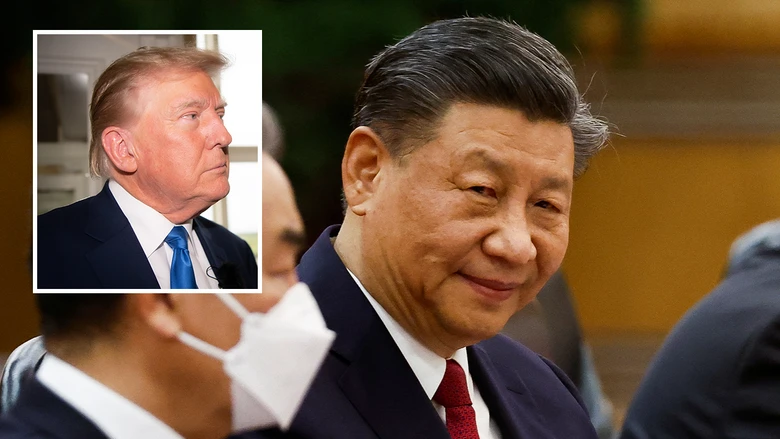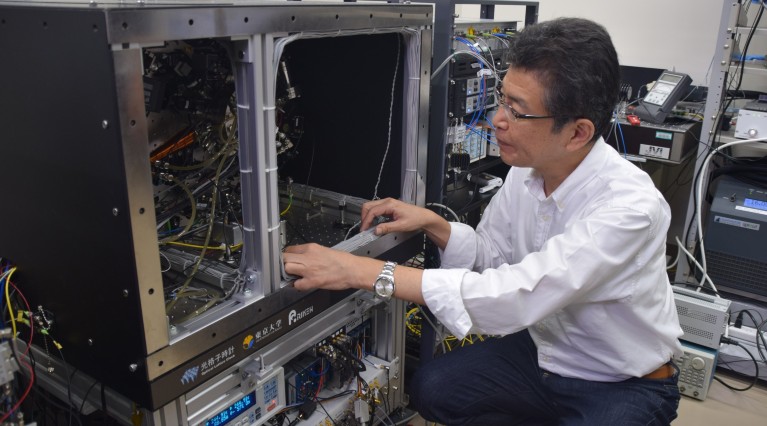The United States is turning to Vietnam as a prospective semiconductor chip partner, Chip Production, in its search for alternatives to semiconductor assembly in China (which will account for 40% of world manufacturing in 2019) and Taiwan (27%). On September 10, US President Joe Biden will travel to Vietnam with the goal of strengthening bilateral trade relations with an emphasis on the semiconductor sector.

Vietnam took its own course and grew closer to the US
In an article form Gulf Today, the United States is prepared to “friendshore” important components of the Chip Production to Vietnam. It’s interesting to note that Vietnam continues to be governed by just one party, the communist party. But after the catastrophic war of the 1960s and 1970s, in which both sides suffered greatly, Vietnam took its own course and grew closer to the US.
The fact that Vietnam and its other communist neighbor, China, have been at odds has contributed to the strengthening of connections between the two countries. The Vietnam-China War of 1978 proved to be the dividing line between the two. Up until that point, China had backed North Vietnam’s communist government in its conflict with South Vietnam and the US. Vietnam has also joined the Association of South-East Nations (Asean), a business alliance that primarily supported US foreign policy. Since the 1990s, US-Vietnam ties have improved.
But despite the US’s significant interest in making Vietnam a key partner in the Chip Production, as well as its desire to end China’s supply chain monopoly, Vietnam finds itself in a difficult situation. Vietnam is also a major player in the Chip Production process’ back end, which is naturally dominated by the Chinese.
Although Vietnam lacks highly qualified chip engineers, the US is nonetheless eager to give to it the technologies for Chip Production. There are 5,000–6,000 engineers available in the nation. By the end of the decade, 50,000 will be needed, up from 20,000 today. Vietnam will struggle to supply the rapidly expanding demand.
READ ALSO: Nvidia’s Shockingly Low Federal Tax Payments Raise Concerns Despite Trillion-Dollar Club Membership
US’ eagerness to invest in Vietnam in order to undermine the Chinese monopoly is a component of its Indo-Pacific strategy to contain China
Because Vietnam has rare minerals that are useful to the semiconductor sector, the US is also interested in the country. According to Vu Tu Thanh, director of the US-Asean Business Council’s Vietnam office, “the number of hardware engineers is far below what is needed to support multi-billion-dollar investments.” Annual chip exports from Vietnam to the US are worth $500 million. The US Chips Act and additional private investments from American chip design companies could result in a US$500 million investment in China.
Although it is not mentioned directly anywhere, the . Vietnam, with its open-ended economic structure and 100 million people, would be a wise choice. It is one of the few nations in the area that would not be completely overrun by Chinese trade, unlike many of its neighbors. Vietnam is not susceptible to Chinese influences due to political and cultural factors, unlike many other Asean nations including Indonesia, Malaysia, Thailand, Singapore, and Myanmar.
The US is courting India with the possibility of establishing Chip Production facilities there. India, however, is a significant user of semiconductor products due to its expanding digital and electronics industry. The US is seeking offshore nations that can act as supply bases for its purposes. Second, Vietnam would be a competitive location in terms of production costs when compared to India. Despite its current disadvantages, it appears that the US would prefer to force Vietnam into the important chip manufacturing industry, article from Hanoi Times.
READ ALSO: House G.O.P. Passes Bill To Raise Debt Ceiling And Cut Spending In Bid To Force Biden’s Negotiation




